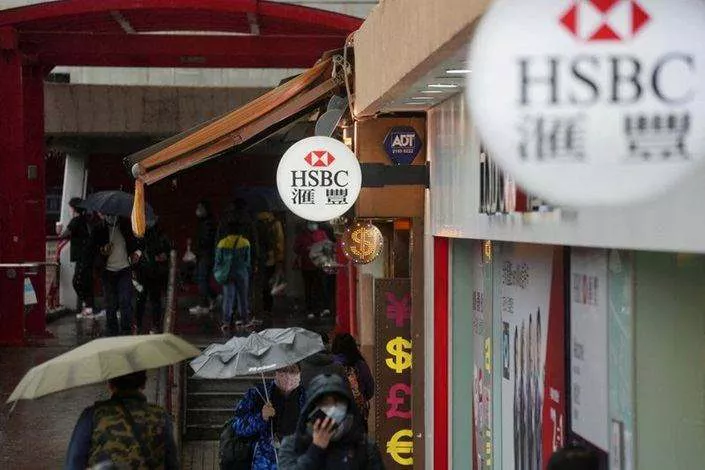HSBC announced on Tuesday that it will reduce its stake in Bank of Communications (BOCOM) from 19.03% to approximately 16%. This will result in a loss of up to $1.6 billion, triggered by BOCOM’s recent private share placement.
Earlier this year, in March, BOCOM and three other major state-owned Chinese banks revealed plans to raise 520 billion yuan (around $71.5 billion) through share sales, with the backing of China’s finance ministry. This move followed Beijing’s commitment to help these banks strengthen their capital reserves to support the country’s economy.
As part of the fundraising effort, BOCOM announced its goal to raise up to 120 billion yuan by selling additional shares. Following this capital increase, HSBC expects its stake in the bank to decrease by about three percentage points, resulting in a pre-tax loss between $1.2 billion and $1.6 billion.
The loss, which will be reflected in HSBC’s income statement, depends on the completion timing, foreign exchange changes, and other factors. However, HSBC clarified that the loss would not be tax-deductible since the bank’s stake in BOCOM is intended for long-term investment. It also emphasized that the financial impact will not significantly affect its capital ratios or ability to distribute dividends.
In February of last year, HSBC had already reported a substantial $3 billion charge related to its BOCOM stake, marking the largest charge by any overseas lender. This charge was prompted by an increase in bad loans, as China’s economy struggled amid a prolonged property sector crisis.
In its quarterly profit report released on Tuesday, HSBC also disclosed a 25% drop in first-quarter profit, cautioning about heightened business uncertainty due to global trade tensions, particularly the impact of U.S. President Donald Trump’s tariffs.
Related topics:


